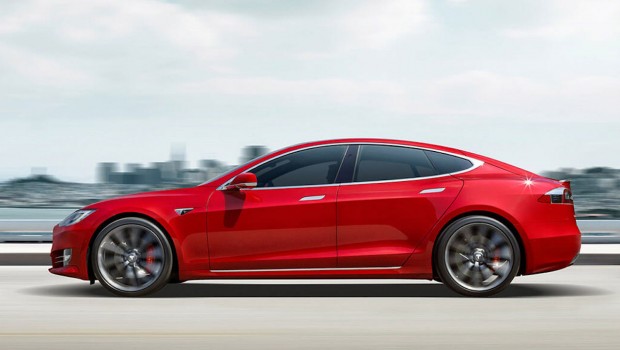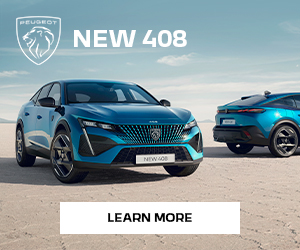German Car Buyers Ditch German Marques For Teslas
The switch over has started and its movement continues fast.
Has Tesla managed to move German car buyers over to their side of the fence? We discover some not so surprising news on this from a well known German automotive news website.
A German automotive new source, Auto Motor und Sport has got an inside scoop regarding a Tesla internal survey showing that German drivers of German cars are switching to the American Tesla Model 3, even though they cost more than the equivalent German models.
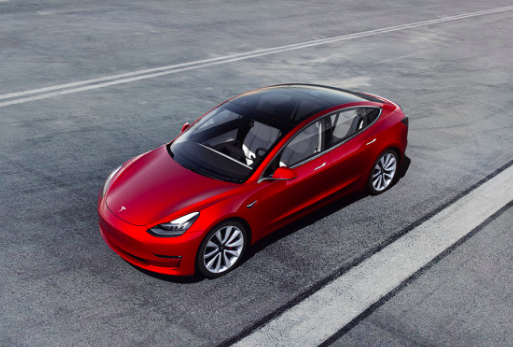
Before any reasonable conclusion can be made, it is to be noted that the survey undertaken by the American brand is slightly skewed, with only 20 people were surveyed. And given that it is the company’s own internal figures, it is best take this data with a pinch of salt
Based on the internal data, 17 out of 20 Model 3 buyer’s surveyed had made the switch from a petrol or diesel car. This has lead Tesla to conclude that the German buyers are now factoring in long term running costs when choosing whether to go down the electric vehicle (EV) route, instead of just looking at the sticker prices of new cars.
It is not a big secret that running an EV will cost less than a conventional internal combustion engine (ICE) car. For one, any driver will save a lot on fuel costs as electricity costs less per km than it does for both petrol or diesel. However, many tend to forget that EV ownership also saves on maintenance and more significantly — depreciation.
Electric car maintenance is way down compared to ICE. EVs famously only have one moving part, but things like brake pads also wear much slower thanks to regenerative braking. The most interesting thing about electric car ownership though is that EVs, for the moment at least, depreciate less than their ICE rivals too, even if EV batteries do degrade. This can be partly be attributed to the lack of other maintenance costs and their current popularity in the market that is driving up prices.
In addition to that, most governments offer subsidies to tempt buyers into these zero-emissions vehicles, so that adds to the cost savings made in the long run by switching to an EV.

The other conclusion that has been drawn by the American EV brand is that within this totally small sample size, brand loyalty and national loyalty may both be a thing of the past in the auto industry.
Both of these aspects are extremely important to any legacy auto manufacturer’s bottom line. Hence why many manufacturers have entry level versions of car, with a succession upwards to entice buyers to stay within the brand. Start with an A-class then proceed upwards to a C- then E-class as you climb the social ladder. However, Tesla is hypothesising that is may soon be the end of this status quo as buyers prioritise tech and cost over brand and national loyalty.
This anecdotal evidence has lead some industry pundits to draws parallels saying that German buyers are willing to give up some legendary German build quality for some new fancy American tech. Some credit though, has to be given to the Tesla name too, which is still considered the epitome of Silicon Valley cool and is nearly always in the zeitgeist.
That being said, this internal data does not take into account that it was only Model 3 buyers were surveyed. And at time of writing, there is no direct German EV rival to the Model 3. The BMW 3 series, Mercedes C-class and Audi A4 all have plug in hybrid variants, but none have transitioned to pure EV just yet. The Swedish Polestar 2 is perhaps only the genuine alternative choice to the Tesla.
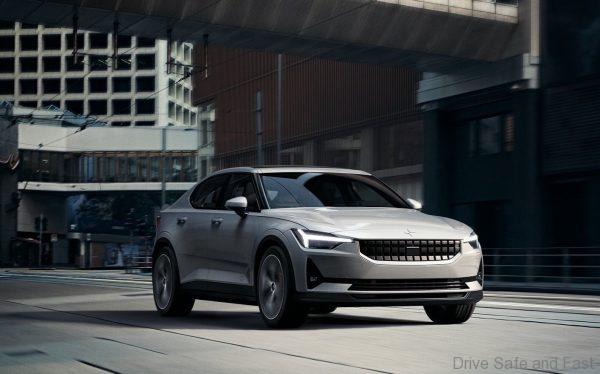
The story may be quite different once the Germans slowly step up to their electric game. The cracks in Tesla’s armour has begun to show, especially with the launch of the Porsche Taycan that has been stiff competition for Tesla’s Model S. And with the launch of the Volkswagen’s electric people’s car ID 3 next in line, there may be some interesting times ahead in the EV car market.
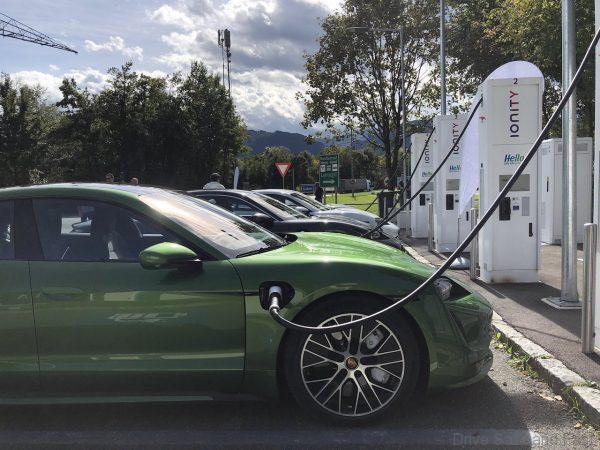
Research and Text by Joshua Chin


